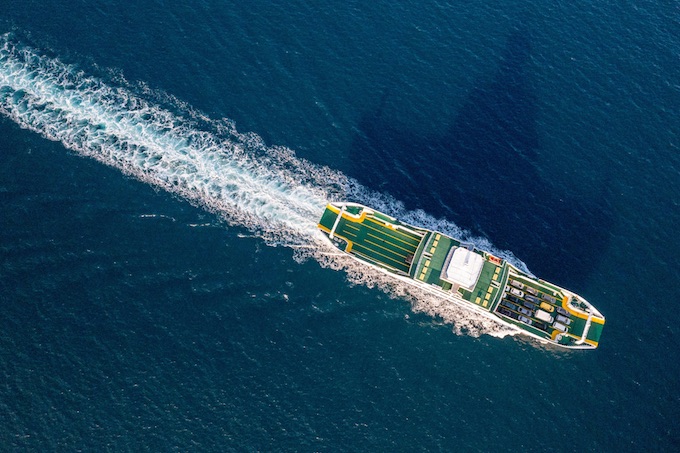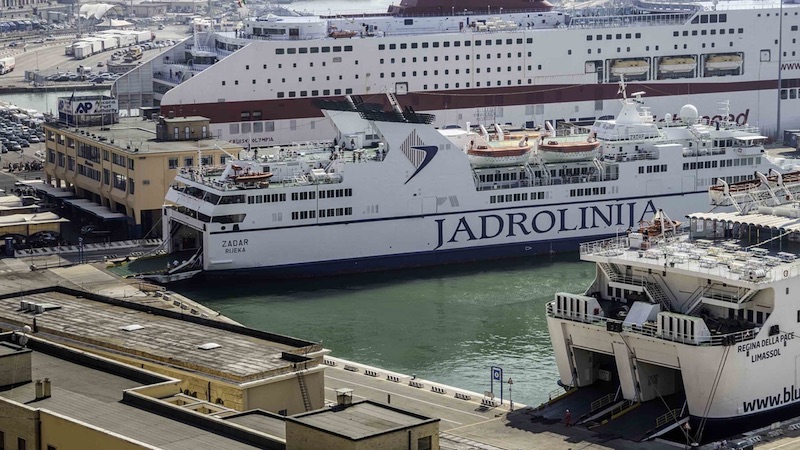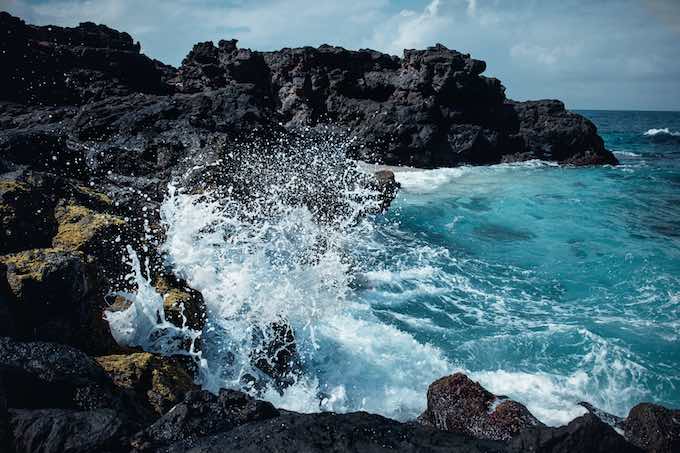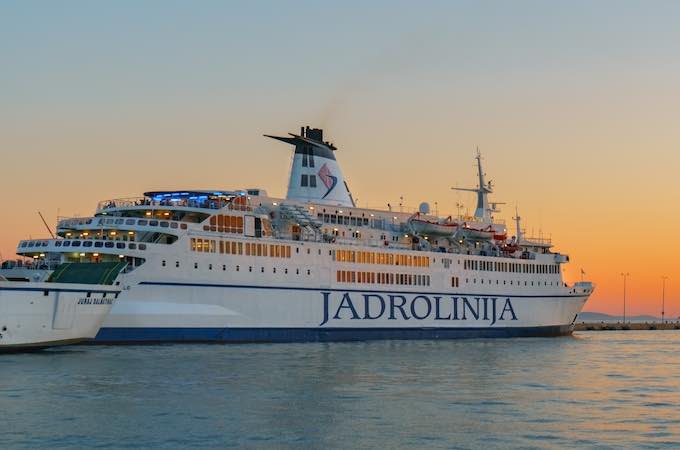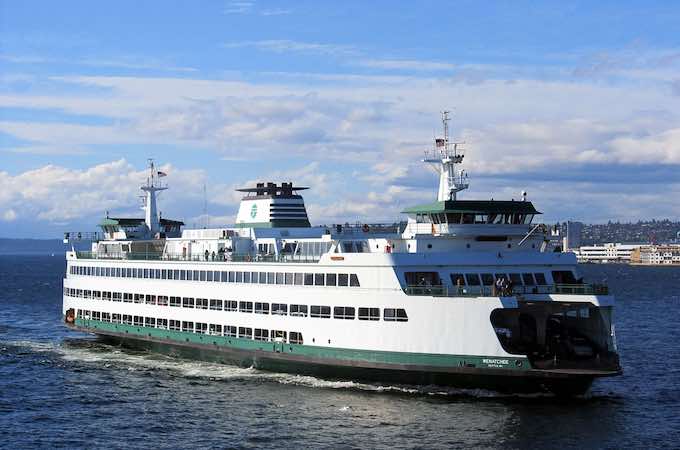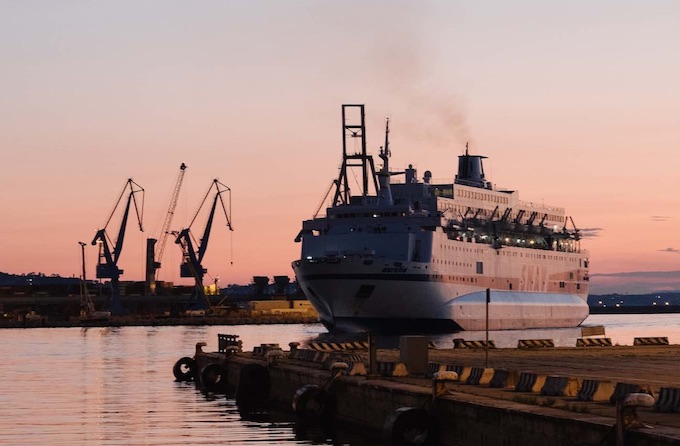8 March, 2019 | LECCE, Italy
Press Release
Innovation, scientific research, public institutions, and business gather to contribute to the reduction of CO2 emissions from ferry boats, and to design new routes between Italy and Croatia. The GUTTA (savinG fUel and emissions from mariTime Transport in the Adriatic region) project just started with a public conference, funded by the Italy-Croatia Interreg Cooperation Programme. Coordinated by the CMCC Foundation, Euro-Mediterranean Center on Climate Change, GUTTA includes among its partners Mare Nostrum - Croatian Shipowners' Association, the University of Zadar, the Croatian Ministry of Sea, Transport and Infrastructure, and the Port System Authority of the Southern Adriatic Sea.
Improving and enhancing maritime transport is one of the solutions available to the international community to reduce CO2 emissions in the field of mobility. At the same time, a recent EU Regulation requires large vessels to detail Monitor, Report and Verify (MRV) own CO2 emissions. The research project GUTTA will employ onboard vessel performance data and meteo-marine forecasts for a tailor-made tool that optimizes vessel emissions.
The activities of the project started in Lecce, Italy, where the kickoff meeting took place on March 6-8. The event followed the conference entitled "Towards a sustainable Adriatic transportation" that, with the contributions by international experts from public and private sectors, focused on the interaction of research, innovation and society for a sustainable growth of the economy of the sea and of the marine environment in the Adriatic.
“GUTTA project has the potential to contribute to decarbonization of ferry traffic between Italy and Croatia”, said Gianandrea Mannarini, Coordinator of GUTTA. Its partnership is an expression of the triple helix, bringing into the consortium actors from the academia, the industry, and the public sector. GUTTA is committed to communicate its results to the general public and especially to young EU citizens of Italy and Croatia, to the maritime professionals, and to the research community and the academia.”
"Croatian Shipowners’ Association (CSA) Mare Nostrum impacts on national and EU policy and legislation through working groups and its Committees", Sandro Vidas, Director of Mare Nostrum, said. "In that respect, CSA Mare Nostrum is actively providing expertise to GUTTA for the implementation of the MRV Regulation. In particular, Croatian Register of Shipping, an Associate Member of the Association, is in charge for efficient, flexible, and highly competitive verification services for shipping companies".
"We are very interested in the results that will come out from the GUTTA project for at least two reasons" Miguel Madeira said as member of the Advisory Board of the project on behalf of the European Maritime Safety Agency (EMSA). "Following the activities of the project, we want to invite all the shipowners to report the CO2 emissions of their vessels at the European level on a per-voyage basis. Secondly, it would be very interesting to see how the outcomes of the project could be also used and applied in other maritime regions".
GUTTA will first of all facilitate the implementation of the MRV Regulation on CO2 emitted by vessels calling at European ports, providing among others the baseline emission scenario upon which the project aims to improve. Secondly, data of actual CO2 emissions by several vessels operating in the Adriatic maritime space will be statistically related to the marine and meteorological conditions experienced during navigation. This information will be part of a pilot-action for planning of eco-routes, given the forecast environmental state. Such a decision support system, based on the open-source model VISIR (www.visir-model.net), will be made available to all vessels operating in the programme area. Thirdly, GUTTA will make a review of the passenger fluxes cross the Adriatic, between Italy and Croatia. These data will be analyzed for an objective assessment of the needs of the relevant stakeholders, representing a key step for a public expression of interest in new maritime routes between Italy and Croatia.
GUTTA project key data:
funded by 2014-2020 Interreg V-A Italy – Croatia CBC Programme through the ERDF
Duration: from 01/01/2019 to 30/06/2021
Budget: 1,200,000 EUR (of which 85% from ERDF)
Partners Institutions:
- CMCC Foundation - Euro-Mediterranean Center on Climate Change – Italy (Lead Partner)
- Croatian Shipowners’ Association “Mare Nostrum” – Croatia
- University of Zadar – Croatia
- Ministry of the Sea, Transport and Infrastructure – Croatia
- Southern Adriatic Sea Port Authority – Italy
Web: http://bit.ly/guttaproject
Download the press release (pdf).
Download the presentations given at the GUTTA opening conference.

